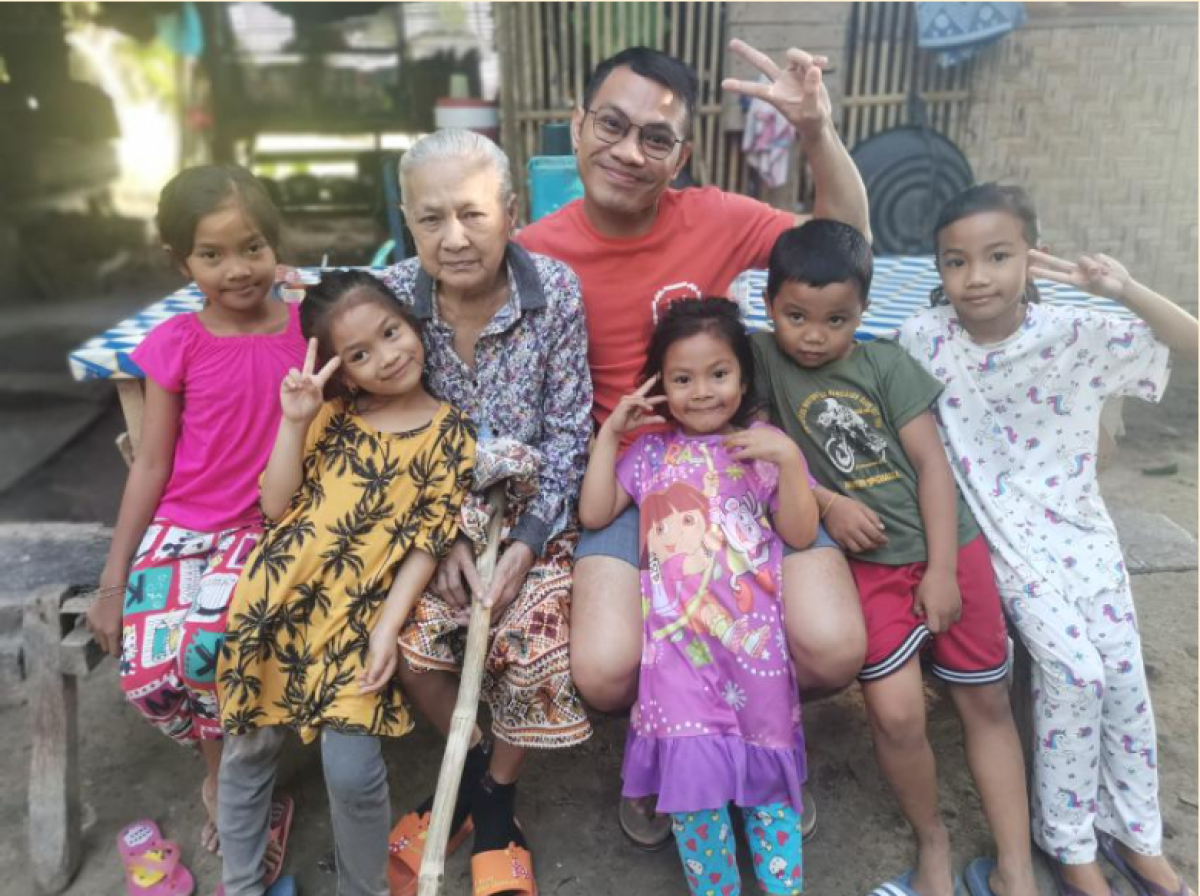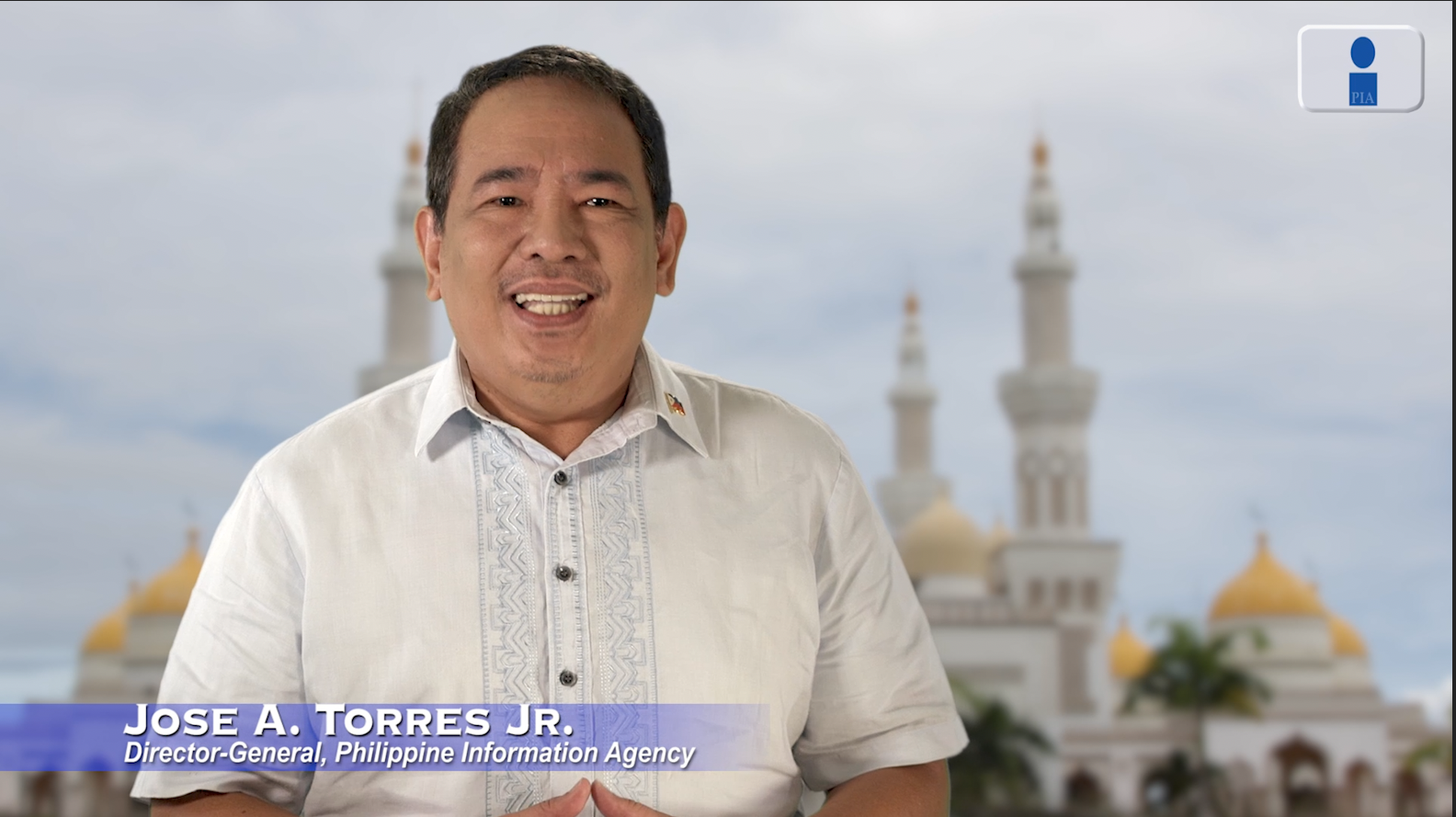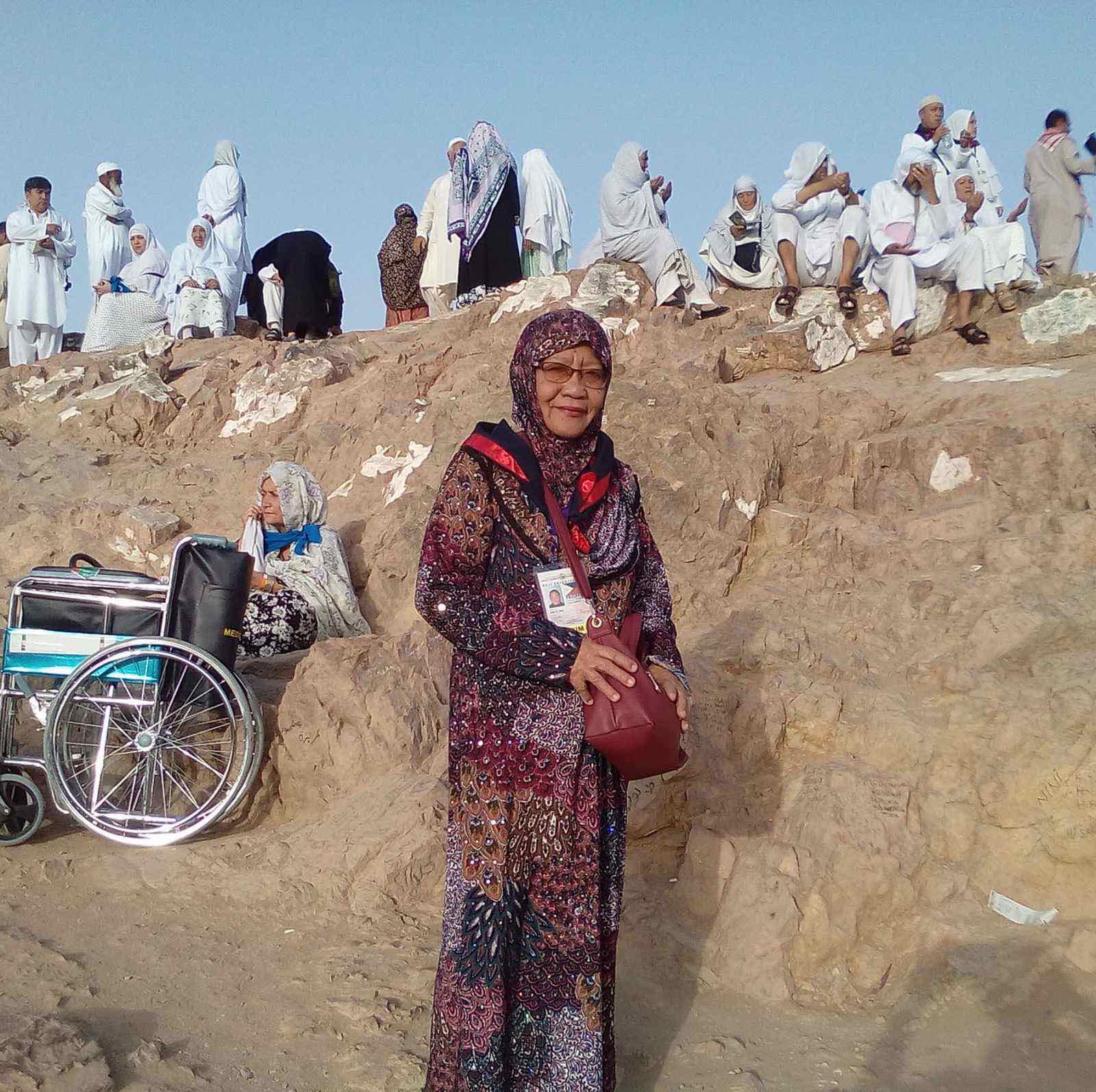"Sabr in Adha, or selfless endurance amid moments of sacrifice.”
This is how Jimmy Musa, a Bangsamoro youth, describes the annual celebration of Eid’l Adha.
Raised in a community in M’lang, Cotabato, where Muslims and Christians live, Jimmy considers Eid’l Adha very valuable.
“Being a Muslim, the celebration is a gentle reminder of the essence of selfless faith and sacrifice for the sake of Almighty Allah (SWT). These Islamic values and teachings can be found in Chapter 37 of the Holy Qur’an,” he said.
Jimmy narrates that, as far as he knows, Eid’l Adha narrates the historic event when Prophet Abraham was commanded by Allah (SWT) in the form of a dream to sacrifice the life of his son, Ishmael. But while he was in the act of sacrificing his son, Allah (SWT) sent the Angel Gabriel with a huge ram. Gabriel informed Abraham that his vision in the dream was fulfilled and instructed him instead to sacrifice the ram as a ransom for his son.
Jimmy explained that when Prophet Abraham willingly sacrificed Ishmael without any inhibitions, he did it as a demonstration of his complete devotion to the order and will of Almighty Allah (SWT).
When asked about his greatest sacrifice in terms of his Islamic belief, Jimmy said that it is his self-awareness and acceptance to set aside his personal goals and dreams in exchange for attending to the needs and welfare of his parents, particularly his bedridden mother, who has been diagnosed with Chronic Obstructive Pulmonary Disease (COPD).
"As the breadwinner of the family, it can be physically, mentally, and emotionally draining to be in such a situation," Jimmy said, adding that despite this, Islam teaches him that one direct way of manifesting genuine faith in Allah (SWT) is by taking good care of his parents, especially his mother, since they face different struggles in life that come with their age.
With this experience, he said Eid’l Adha is an opportune time that reminds him of the power of faith to bring people together, fostering a sense of shared humanity.


Jimmy revealed that in their community, there are two core activities performed by a Muslim individual or family during Eid’l Adha. These are through community special prayer that happens early in the morning around 6:00 to 7:00 o’clock and the Kurban, or slaughtering of goats, rams, or cows, which will be equally distributed among families, relatives, and friends, and the community. The latter is, however, non-obligatory and only depends on the economic capacity of a person or family.
"In our family, we typically celebrate Eid’l Adha by joining the community prayer and preparing kanduli, or special meals, to be shared with the family and relatives. Family is always the top priority when celebrating Eid’l Adha, apart from the spiritual obligations that need to be performed," Jimmy pointed out.
Given his hectic work schedule, Jimmy intends to celebrate Eid’l Adha in Davao City since he cannot go home. He’ll be spending the celebration with fellow Islamic believers in a local masjid or church.
"I also plan to do Salah (prayers) and Dhikr, or Islamic spiritual meditation, which is one of the most convenient ways of celebrating that is available to anyone when distant from family, relatives, and friends," he said.

Meanwhile, Jimmy called on his fellow Bangsamoro youth, particularly those who no longer observe Islamic activities such as Eid’l Adha, to be kept abreast and be self-accountable for their Islamic roots, values, and teachings such as Taqwa (fear of God), Sadaqa (charity), Salah (prayer), Sabr (patience or endurance), and Qadar (will of God). According to him, these serve as a life’s compass when the worldly life offers a multitude of challenges and obstacles.
Islamic Relief Worldwide describes Eid’l Adha as one of the two blessed Eids (the other is Eid’l Fit’r) that Muslims celebrate.
The celebration is also considered a Festival of Sharing because, in Muslim communities, animals (sheep, goats, or cows) are ritually sacrificed. Part of the meat is consumed by the family that makes the sacrificial offering, while the rest of the meat is distributed to the poor and needy.
Further, Eid’l Adha gives Islamic believers around the world the opportunity to perform Hajj, or pilgrimage, which is one of the five pillars of Islam. It happens at the “Kaaba," or stone building at the center of Islam's most important mosque and holiest site, the Masjid al-Haram in Mecca, Saudi Arabia.
This year, Eid’l Adha will be celebrated in the country on Wednesday, June 28, which the national government declared a regular holiday.
For Jimmy, no matter what the digital age offers, this will not be enough to dissuade him from fulfilling his religious obligations and submitting to the will of the Almighty Allah. (SJD – PIA Region XII)





